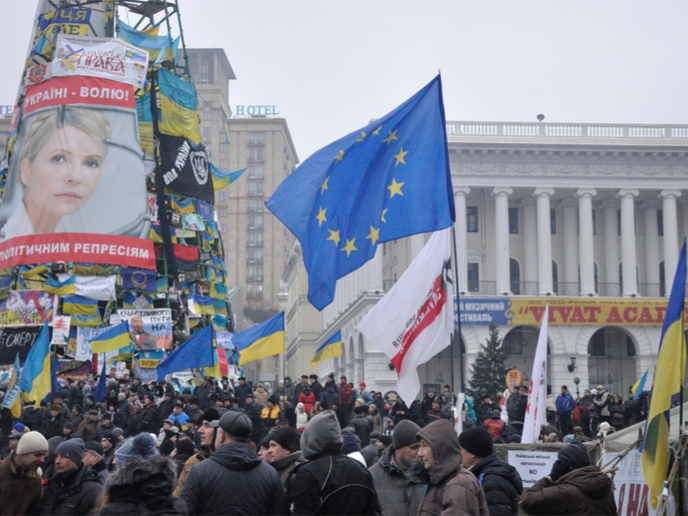Improving EU crisis response for more effective conflict prevention
As a global actor, the EU has recently prioritised a streamlined crisis management approach. However, implementation has received relatively little scholarly attention. The EU-funded EUNPACK (Good intentions, mixed results – A conflict sensitive unpacking of the EU comprehensive approach to conflict and crisis mechanisms) project sought to redress this imbalance by unpacking EU crisis response mechanisms, providing insights on how they are received and perceived on the ground by local beneficiaries. Project Coordinator, Research Professor Morten Bøås (Norwegian Institute of International Affairs), explains it all to CORDIS. How did you go about the research for the project? Prof. Bøås: EUNPACK studied seven crises at various points in the ‘crisis cycle’, located in three regions where the EU operated crisis responses: the Enlargement Area (Kosovo, Serbia), the Neighbourhood Area (Ukraine, Libya) and the ‘Extended Neighbourhood’ (Mali, Afghanistan, Iraq). We combined in-depth interviews with Brussels policymakers especially within the EEAS(opens in new window), with stakeholder interviews and surveys in the case countries. While desk research did tell us about the EU’s crises response toolbox, it was the ethnographic fieldwork that gave us real insights. Can you explain the phrase ‘crisis cycle’ and how this underpinned your work? We distinguished between three phases. Firstly, the ‘pre-crisis phase’, which could be characterised by early warning and conflict prevention. Secondly, the ‘crisis phase’, where rapid reaction and aid are possible measures. Lastly is the ‘post-crisis phase’, with state-building, peace-building and human security as options. These helped us understand restraints and opportunities to effective response and to evaluate if EU actions met needs. For example, we found that the EU’s crisis-phase response often continued into the post-crisis phase, limiting its contribution to conflict resolution and its ability to break the crisis cycle. What sort of crises did the research look at, and why those specifically? The crises we looked at are caused by human behaviour, are inherently political and are closely connected to conflict. They often threaten the livelihoods of millions of people and are not isolated incidents that spontaneously erupt. They are manifestations of longer processes of social change and discontent. Understanding how external actors can contribute to solutions is crucial, but equally important is learning lessons about the avoidance of unintended consequences. Examples include the protracted humanitarian and political crises that have characterised Afghanistan, Iraq, Libya and Mali, all EUNPACK case study countries. What are the key results so far from the project? Over the past 20 years the EU has considerably improved its capacity for crisis response. However, we identified four main challenges still to be addressed(opens in new window). Firstly, there is a gap between the EU’s intentions and its implementation. Secondly, there is dissonance between EU policy implementation and how this is perceived locally. Thirdly, the EU doesn’t really succeed in building sufficient local ownership, limiting its ability to address underlying issues. Consequently, local people are often unaware of specific EU efforts and their implications. Lastly, responses are increasingly interest-driven and based on short-term objectives, such as halting migration and fighting terrorism. These often do not align with local priorities and could make problems worse in the long term. Designing operations based on local needs and cooperation is therefore vital. How does the project contribute to the EU’s aims and so impact the lives of its citizens? We have provided decision makers in Brussels with perspectives from an essential group often lost in discourse but in whose name they work. We hope policymakers recognise that it is in their interests to understand what people in Afghanistan, Kosovo and Mali think; that academic scholars continue to examine local perceptions; and that people in Europe and beyond gain further insights into the consequences of EU policymaking. Equally, we hope to have given the people on the ground in case study countries a better grasp of what the EU does and what it wants. The EUNPACK team is proud that the results of our research have enabled us to present policy recommendations, fine-tuned to make the EU’s crisis response mechanisms more conflict and content sensitive, and thereby more efficient and sustainable. How do you intend to take the work forward? As well as journal publishing, we are working on an edited volume of the EUNPACK research. We hope to continue research on the EU, putting local partners at centre stage. We are proud of this approach which enabled us to conduct systematic research in difficult, tense and dangerous environments.
Countries
Norway



